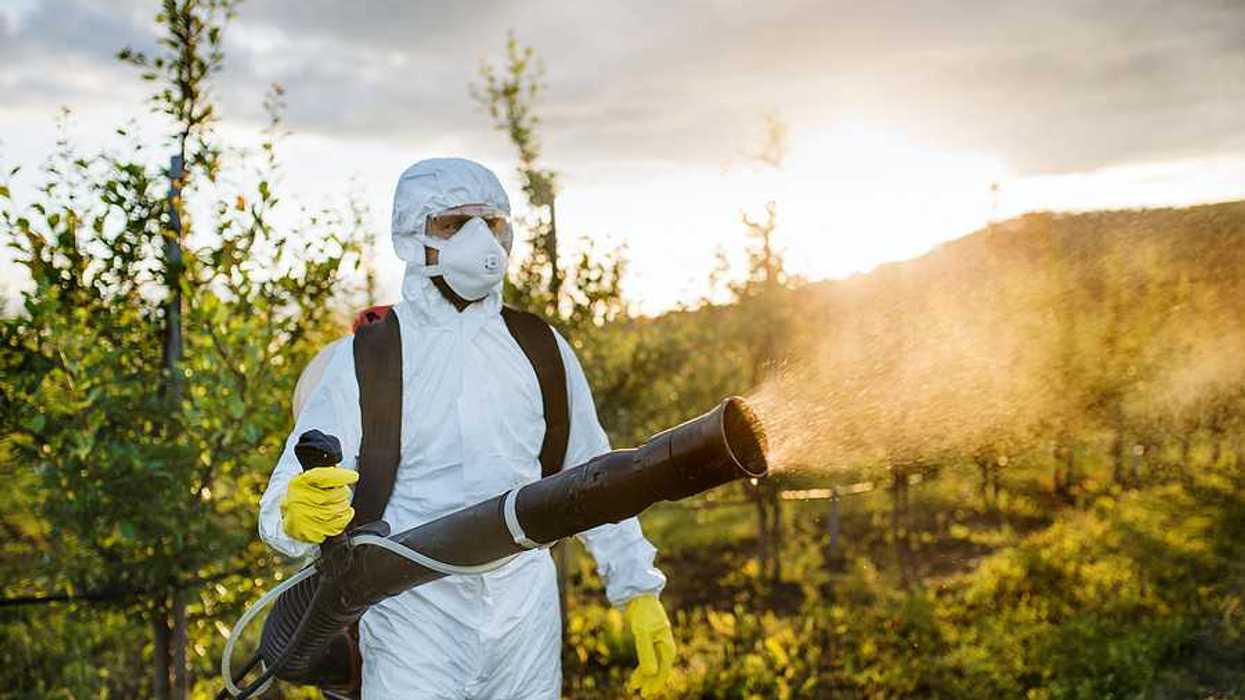A new report highlights the effects of endocrine-disrupting chemicals found in consumer products, food, water, and soil, linking them to diseases such as cancer, infertility, and heart disease.
Alden Wicker reports for Mongabay.
In short:
- The report identifies four major sources of hormone-disrupting chemicals: plastics, pesticides, consumer products, and PFAS, which are linked to various health conditions including cancer and infertility.
- The Endocrine Society and IPEN call for international treaties to limit these chemicals, citing evidence that they may contribute significantly to diseases globally.
- Despite known dangers, these chemicals are poorly regulated, with most not assessed for health impact before market release, and their presence in common products remains high.
Key quote:
"We know that even very low doses of endocrine disrupting chemicals can cause health problems and there may be no safe dose for exposure to EDCs."
— Sara Brosché, IPEN science advisor
Why this matters:
Health issues linked to EDC exposure include reproductive problems, such as infertility and developmental abnormalities, increased incidences of certain cancers like breast and prostate, metabolic issues like obesity and diabetes, and neurological problems like learning disabilities and attention-deficit disorders.














